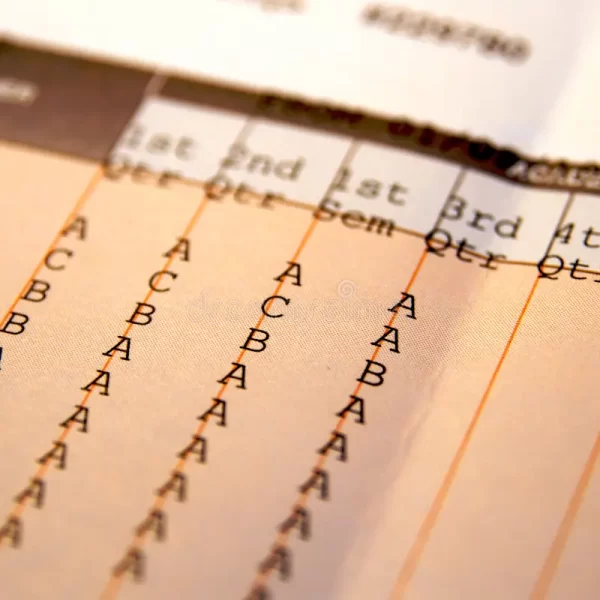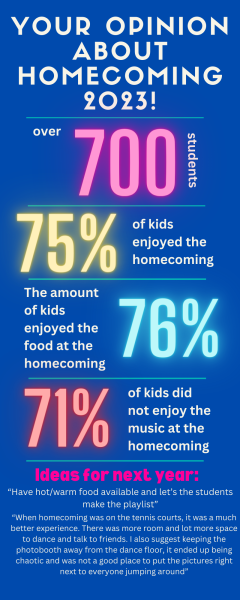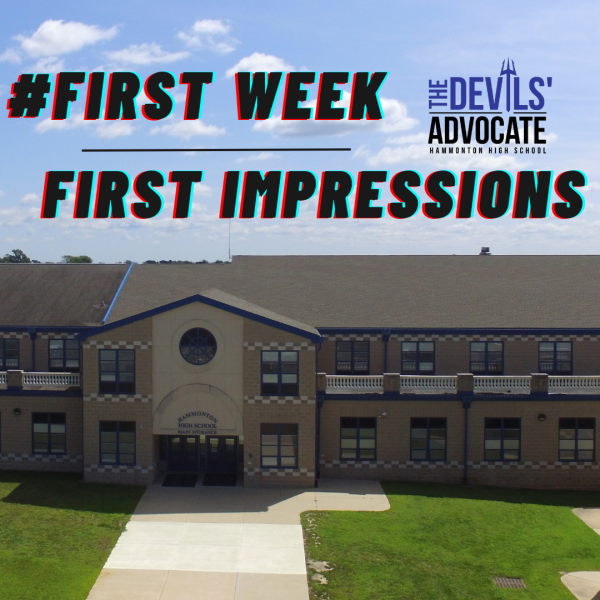Same Sex Prom Dates

The United States took a huge step towards equality this past summer with legalizing same sex marriage. But that doesn’t mean everyone still agrees with it, even at a place where you are supposed to feel comfortable: school. And certain events, such a prom, really bring this issue to light.
The high school prom is an event for juniors and seniors to look forward to. But what happens when you can’t go with the person you want to? And it’s not because they don’t want to go with you, but because school administration doesn’t approve.
Can (and should) school administrators restrict student prom dates based on gender?
Legally, they can’t. According to the American Civil Liberties Union, who, according to its website, has received phone calls and letters every year about this issue are telling students that they should know their rights, saying “[such policies] are not only prejudicial, they are unconstitutional.”
One of the most famous cases related to this debate is Fricke vs. Lynch (1980), where male student (Fricke) at Cumberland High School sought his principal’s permission in taking a same sex prom date to a school dance, in which the principal (Lynch) denied his request. Lynch explained his decision, “real and present threat of physical harm to [Fricke], [his] male escort and to others.” The Court ruled that any policy that the school may have denying two people of the same gender to go to prom violates the Equal Protection Clause under the Fourteenth Amendment, which states that no state shall deny to any person within its jurisdiction the equal protection of the laws. On top of that, there are also other policies that have been banned that enforce boys to wear tuxedos and girls to wear dresses.
It’s illegal for a school to have anti-LGBT policies. That’s pretty clear.
Even at our own school, questions and assumptions circulate about what is (and if) a school policy exists regarding same sex prom dates. Regrettably, however, sometimes those assumptions turn into actual answers for students, even though no one (that I know of) actually asked the school.
What’s the assumption? That same sex couples can’t go together or that if they do, the school needs to closely monitor their behavior.
“Yeah, I’ve been hearing that [the rumors],” said Ms. Kristina Gazzara, the junior class adviser.
Gazzara, who has organized the prom for the past 15 years, couldn’t recall a time when it had been an issue. She explained that students have taken same-sex date to prom before, but may have chosen someone else to escort them in the promenade.
“That’s on them,” she said. “That’s choice. That’s on them to decide.”
So what contributes to this phenomena, when rumors are accepted as truth (with no proof)?
Well, I have a theory. Schools that have these types of rumors circulating usually already have strict rules in place, which in turn, makes the students assume the worst and forfeit their battle before even trying to figure if there are any policies regarding it.
Case in point: To most of the student body, it seems overly strict that the ban on tank tops is in the dress code. They think, if girls can’t wear tank tops, why would they be able to wear a tux to the prom?
Now, of course, the conversation around homosexuality is far more complex than dress code. Whenever religious and moral beliefs are also part of the conversation, things can get emotional and heated. But the nation has come too far for this. With the Supreme Court’s decision to legalize same-sex marriages and the positive role that many LGBT community play in society, it is unfair to assume that such things will lead America’s downfall.
Does everyone in America approve of same-sex couples? No. They don’t really have to. But one thing that they do need to do is honor the rights of others.
After all, isn’t that what the nation was founded on honoring anyway?










